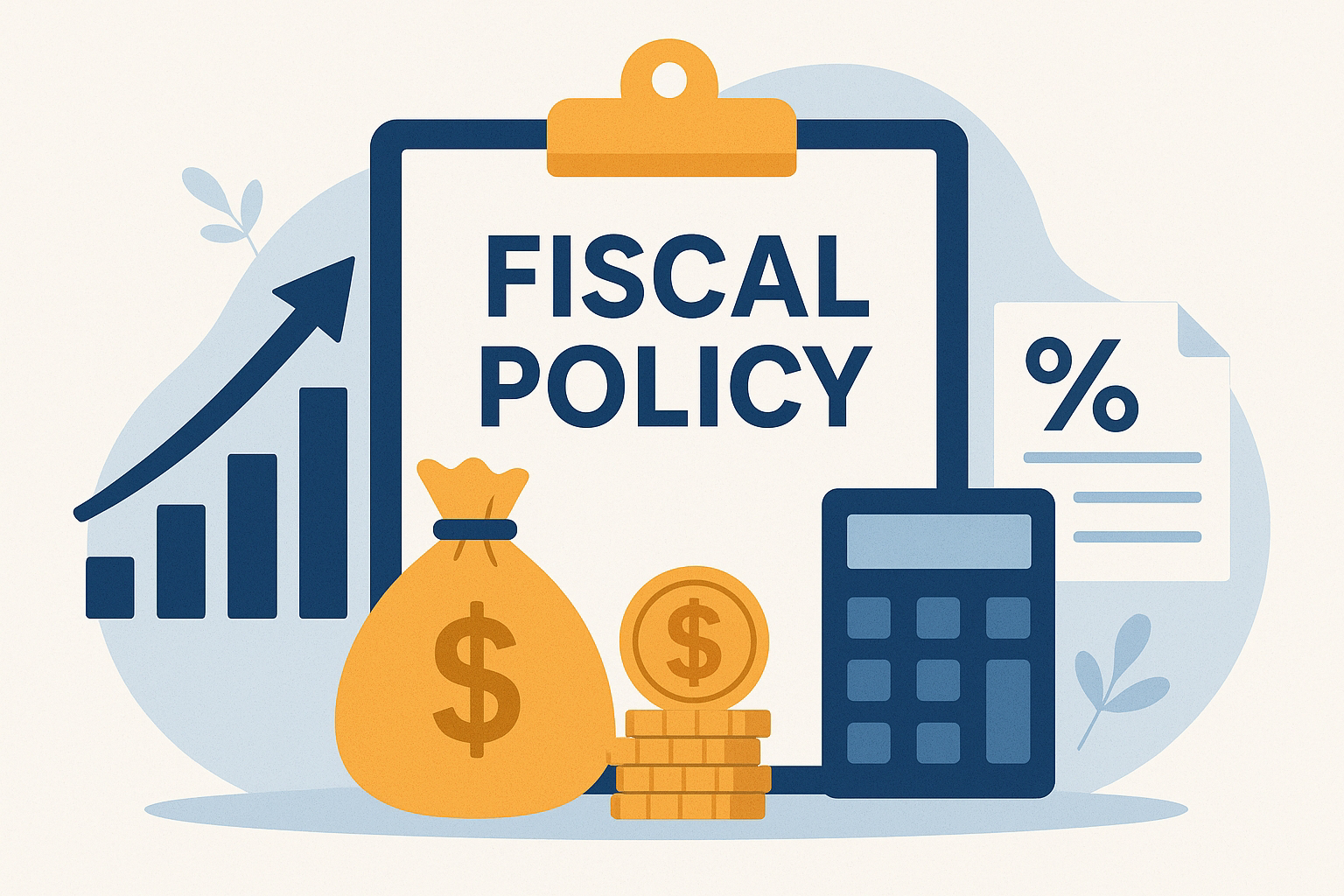ZE Macro Watch UK: Britain’s Smaller Fiscal Hole, Bigger Dilemma Ahead
By Chinedu Okoye
Rachel Reeves faces a smaller fiscal hole than expected. The UK’s fiscal deterioration of about £14 billion since March was well below private forecasters’ estimates — meaning the deficit has widened, but less severely. This gives the Treasury marginally more fiscal space than markets had anticipated.
In other words, the government is spending £14 billion more or earnings £14 billion less than it's planned expenditure - way less than forecasts. This means there is more fiscal pace (a lesser budget hole) than anticipated.
Resolution Foundation's Proposal to the Chancellor:
The Resolution Foundation urged the Chancellor to double her fiscal buffer to £20 billion and reduce household energy bills by moving energy-related levies from consumer bills to general taxation. In effect, this shifts the cost of green subsidies and energy programs from households to taxpayers, this ZE views as a move that could marginally lower headline inflation given energy’s large weight in CPI.”
This means to reduce household energy bills by shifting some energy-related levies (charges or taxes) off those bills and funding them through general taxation instead (i.e., the government’s broader pool of tax revenues (like income tax, VAT, corporate tax, etc.). This essentially means taking off a potion of household energy bills from the consumer to the government – funded via taxpayes money.
Part of what households pay in their electricity or gas bills goes toward funding government energy policies — like green subsidies, renewable incentives, or energy efficiency programs. These add to the cost of energy bills directly.
The proposed change suggests moving these portion of the costs away from household to the treasury purse. This would make household bills lower, help reduce headline and even core inflation, as energy prices are a major component of UK CPI.
- It also called for ending the two-child benefit cap to provide broader support to low-income families.
ZE Macro Commentary on Britain’s Fiscal Woes and Resolution’s Proposals:
While these proposals may ease short-term cost-of-living pressures, they come with medium-term risks.
Shifting levies to general taxation raises the fiscal burden, likely widening deficits unless offset by higher taxes or spending cuts. Yet Britain’s capacity to raise taxes further is limited without discouraging investment and growth..
Already losing some of its appeal as an investment hub, the UK must balance fiscal consolidation with competitiveness. Doubling the fiscal buffer through higher taxation could prove counterproductive if it deters private capital at a time when the economy needs renewed investor confidence.
ZE Suggested Policy And Remarks:
1. Pause and Partner on Green Transition: Rather than expand public financing, the government could pivot toward a public-private model that attracts high-net-worth and institutional investors seeking long-term green exposure. Tax hikes to expand the buffer risk crowding out such private capital.
Also, the proposed shift from household bills would have an expected 0.3% reduction in inflation. A meager sum given the alternative.
2. Controlled Sterling Devaluation and Lower-for-Longer Rates:
To reduce debt burdens and stimulate investment, the Treasury and Bank of England may need to tolerate a weaker pound and maintain accommodative rates. While not without inflation risks, this approach could ease fiscal pressures and revive competitiveness, a pragmatic path amid constrained fiscal space.
Lower rates plus a weaker pound would be long-term tailwinds for British financial markets and industry. For at the moment borrowing costs are rising, absent any room for budget cuts that is without consequences.
There is no perfect path, but there is one with the least trade-offs. For now, that means prioritizing growth, competitiveness, and private investment over deeper fiscal tightening.




Comments
Post a Comment